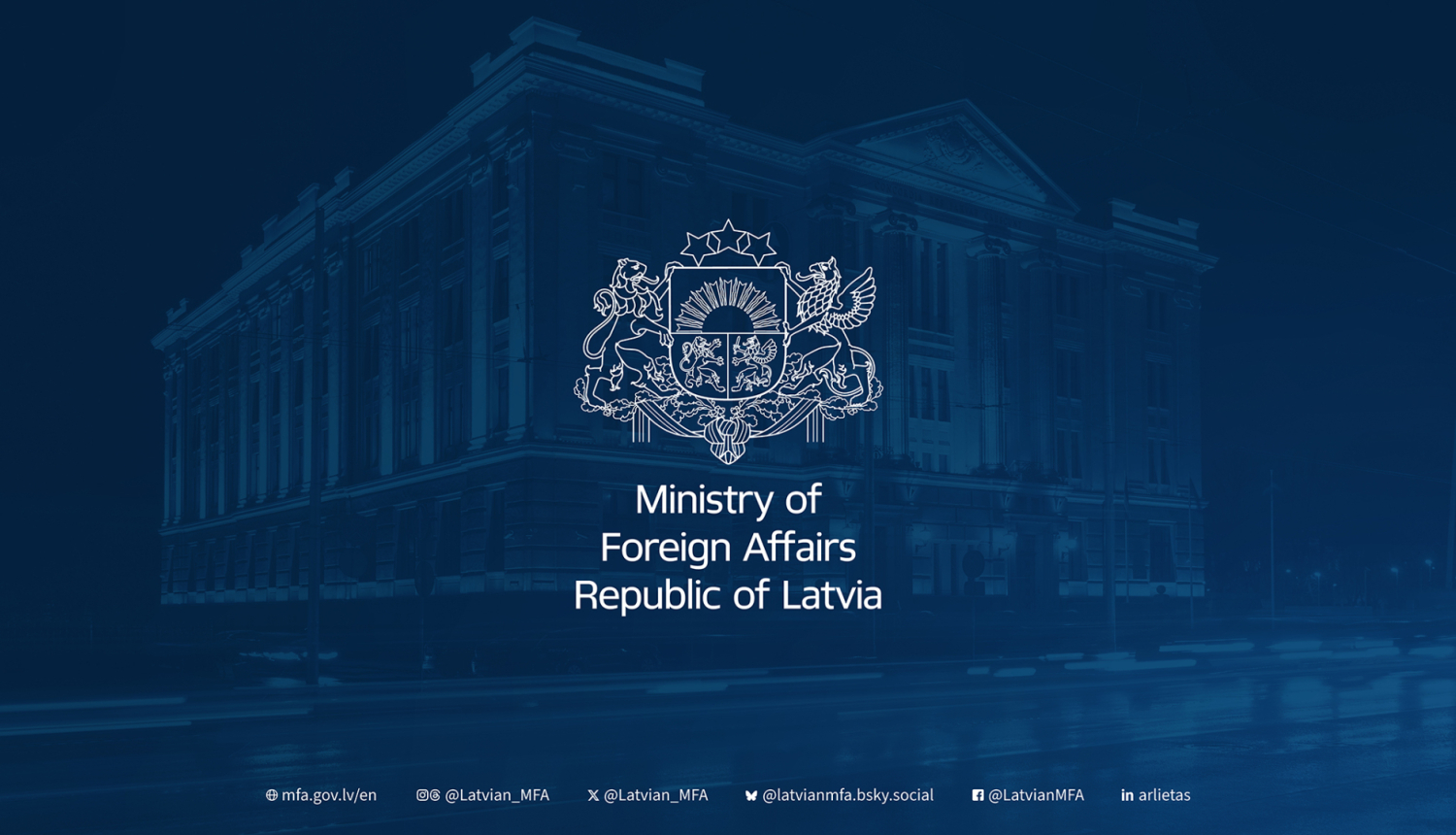On 27 October 2025, at the Third Committee of the United Nations General Assembly in New York, the Special Rapporteur on the situation of human rights in Belarus, Nils Muižnieks, will present his report on the situation of human rights in the areas of employment and labour in Belarus. The report is focused on discrimination, forced and compulsory labour, and the right to form and join trade unions. A joint statement on behalf of the Baltic states and Nordic countries will be delivered by a representative from Lithuania.
Follow the presentation by the UN Special Rapporteur and a discussion online at webtv.un.org.
The discussion starts approx. at 21:00 EET, on 27 October.
Main conclusions by the UN Special Rapporteur
- A large-scale politically motivated crackdown is going on against the participants in protests around the presidential elections of 2020 and their supporters, followed by those speaking out against the alliance of Belarus with the Russian Federation in the full-scale war against Ukraine, which began in 2022. Professional categories that have been hit particularly hard by repression include medical workers, academics, cultural workers, journalists and media workers, human rights defenders, lawyers, athletes, and the clergy. For instance, since 2020, over 2,000 cultural workers have been subjected to politically motivated persecution and censorship, with at least 484 dismissals in theatres, museums, libraries, the National Historical Archives, the Belarusian State Philharmonic and other organizations.
- State surveillance, intimidation and harassment have permeated workplaces.
- Anti-extremism and counter-terrorism laws are misused for outlawing legal entities, banning content and stigmatizing individuals for political motives.
- Owners, managers and employees of private entities have been subjected to charges for political motives. Business owners are coerced into restricting their employees’ human rights. Businesses that expressed support for the protests in 2020 have faced threats, arbitrary inspections, raids, and searches.
- Dissidents are prevented from entering certain professions. Prosecution on criminal or administrative charges for the legitimate exercise of human rights or suspected ties with “unfriendly” foreign states is becoming a common reason for exclusion from some professions. In some sectors, demonstrated loyalty to the authorities and adherence to the official ideology are becoming indispensable requirements.
- Women remain banned from 88 profession. There is a persistent and increasing gender wage gap: for instance, whereas about 85 per cent of workers in the health sector are women, they make, on average, 24 per cent less in earnings than men.
- Persons held in detention facilities are subjected to hard forced and compulsory labour; often it is low-skilled labour in unhealthy conditions. Employment contracts are not concluded with the detainees and inmates, making it difficult for them to understand their working hours, obligations and wages. State-owned and private businesses benefiting from prisoners’ labour. Various products are produced through such labour for the Russian military – ammunition containers, military uniforms and components of missile systems.
- All independent trade unions have been banned and designated as “extremist” formations. Of 25 trade unions registered in Belarus in 2019, there remains only one, the Federation of Trade Unions, which lacks independence, and public sector employees join it under coercion.
- Independent trade unionists have faced dismissals, arbitrary arrests and prosecution in retaliation for their participation in mass events and the organization of strikes following the elections. For instance, by the end of May 2025, 49 independent trade unionists had been designated as “extremists” and 9 of them had also been designated as “terrorists”.
UN Special Rapporteur’s report on the situation of human rights in Belarus
The Third Committee of the 80the Session of the UN General Assembly convenes from 3 October to 21 November 2025.
On 28 June 2012, the Human Rights Council established the mandate of the Special Rapporteur on the situation of human rights in Belarus. Since 1 November 2024, Mr Nils Muižnieks assumes the functions of Special Rapporteur.
The Special Rapporteur is mandated to monitor the situation of human rights in Belarus and to make recommendations for its their observance and protection, to consult with all relevant stakeholders, including civil society, both in Belarus and beyond, and report to the Human Rights Council and to the General Assembly.




